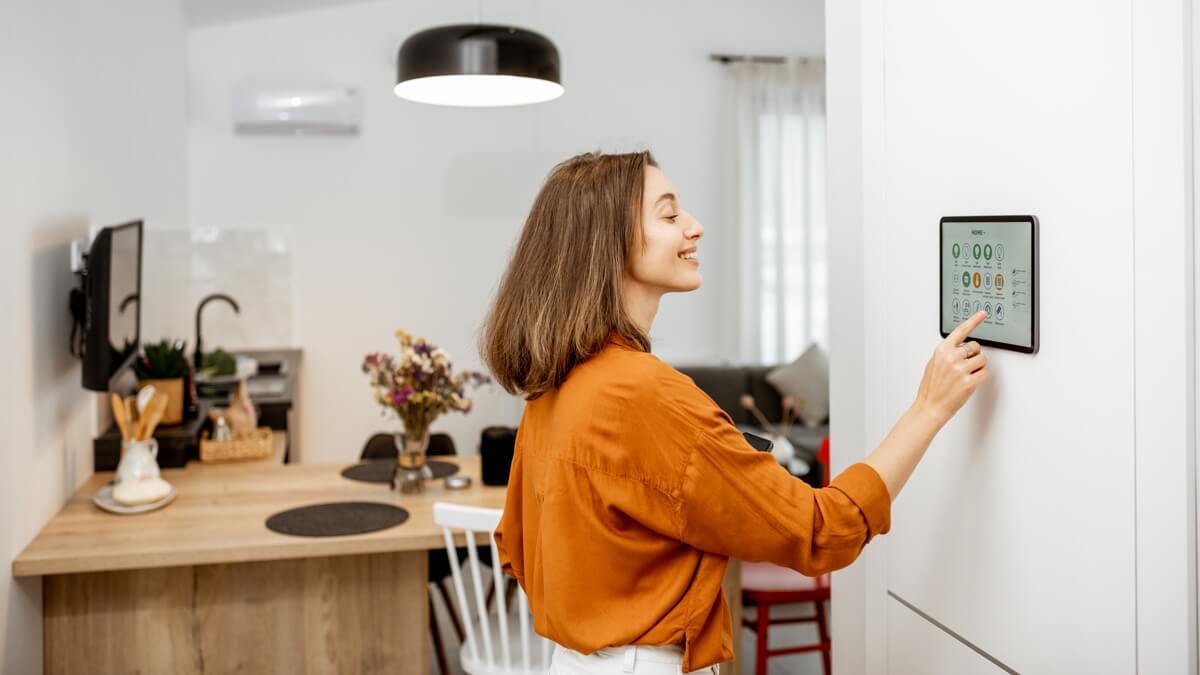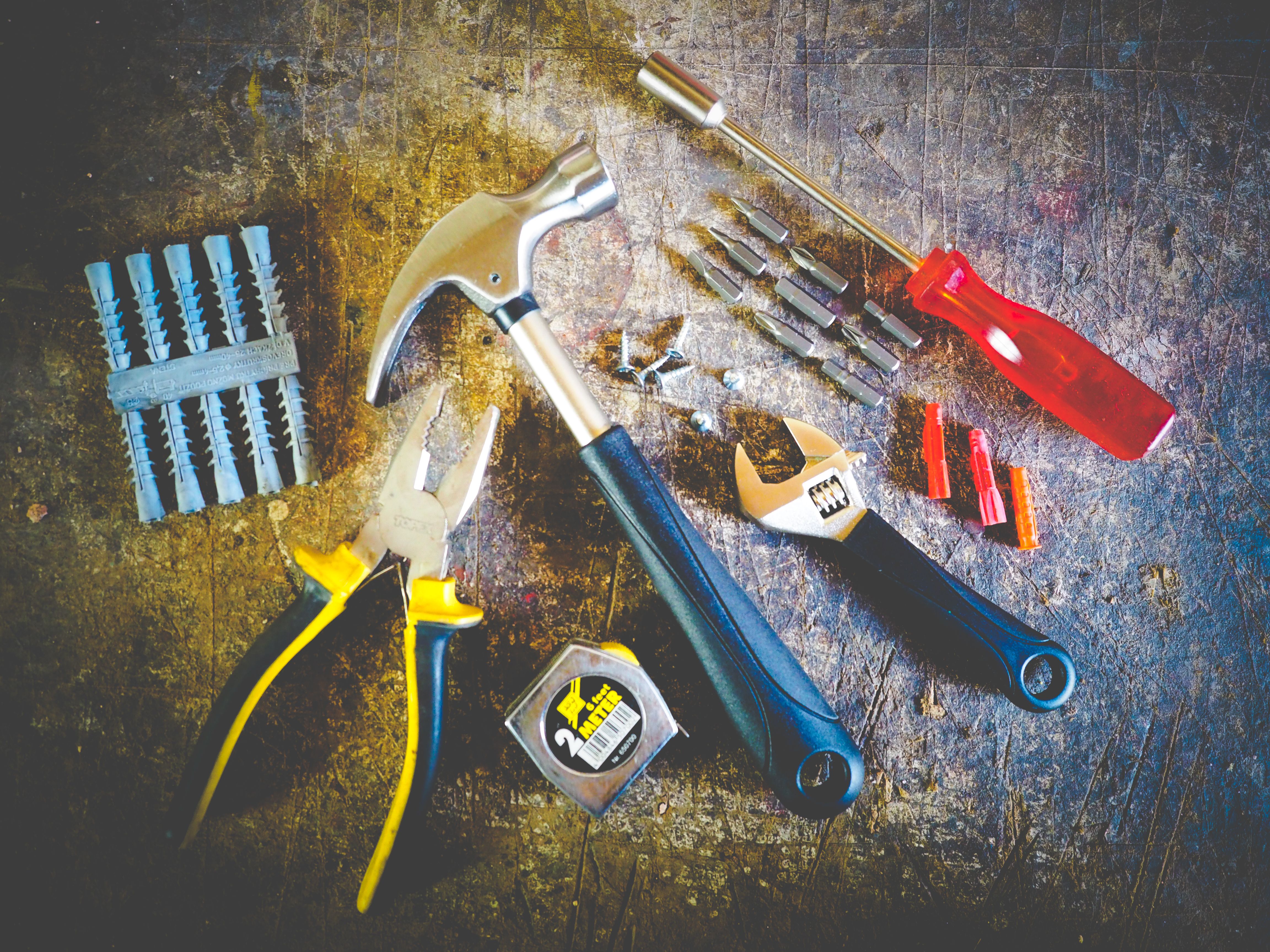7 External Factors that May Affect Your Sleep
There are many things, both inside and outside of ourselves that can affect how much and how well we sleep. Scientists who study sleep know how different things affect sleep and why these things affect it. People who have trouble sleeping often miss simple things that could be keeping them from getting the sleep they need.
Below are some factors affecting sleep that you should keep in mind for a better good night's sleep:
Poor Mattress

The quality of a person's mattress will definitely affect how well they sleep. An old man once said, "Spend your best money on your shoes and bed, because you spend half of your time in one or the other." Researchers have found that sleeping on a medium-firm mattress, especially one whose firmness can be changed, helps with comfort, proper spinal alignment, and good sleep. If you worry about body aches and pains, research shows that the surface you sleep on makes a difference in how comfortable you are.
A recent study found that people on sleep on Eight Sleep’s memory foam hybrid mattresses felt less pain and fell asleep faster. Eight Sleep's premium memory foam mattress works great to relieve pressure from the body and it is also great for a body contouring feel. This is the perfect option for those who struggle to fall asleep due to neck or back pain.
Alcohol and Caffeine

Alcohol slows down the brain's activity because it slows down the central nervous system. Alcohol is a sedative, which means it can make you feel relaxed and sleepy. However, drinking too much alcohol, especially in the evening, has been linked to poor sleep quality and length. People who have problems with alcohol often have trouble sleeping. Studies have shown that drinking alcohol can make the signs of sleep apnea worse.
Caffeine is recognized as the most widely used stimulant in the world. In the United States, 90% of adults intake a huge amount of caffeine almost every day. Even though there is a lot of evidence that caffeine makes people work better, quitting caffeine makes people and societies worse off. Scholars have thought for a long time that the supposed psychoactive benefits of caffeine may just be the opposite of what happens when you stop drinking caffeine, rather than a net benefit of drinking caffeine.
Room temperature

How well you sleep can be greatly affected by how warm or cool your bedroom is. No matter what makes your environment hotter, it makes it harder for your body to do what it does naturally to help you get a good night's sleep. During the night, your circadian rhythm, which is also called your body clock, causes your core body temperature to drop by up to 2 degrees. It might not seem like a big change. This cooling process starts about 2 hours before you go to bed. At that point, you probably feel less alert and start to think about going to sleep.
A poll by the National Sleep Foundation found that having a cool room was one of the most important things for getting a good night's sleep. As many as four out of five people who took the poll said this was important to them. About 65 degrees Fahrenheit is the best temperature for sleep in a bedroom. This may vary a few degrees from person to person, but most doctors say that for the most comfortable sleep, the thermostat should be set between 60 and 67 degrees Fahrenheit.
Phone

Smartphones are made to make our lives simpler and more efficient, as well as to entertain us and provide information to us. But the smartphone era has made us feel like we can never really log off, even when we're sleeping. Sleep and phone screens don't get along very well. The blue light coming from your phone is made to look like daylight. During the day, this can be great because it can make you feel more alert, but at night, when you're trying to wind down and get ready for bed, it's the last thing you need.
Researchers have found a link between low melatonin levels and being exposed to blue light. Your sleep and wake-up are controlled by a hormone called Melatonin. When your body doesn't have enough of it, you might have trouble sleeping, feel tired during the day, or get angry.
Noise

Sounds at night might wake you up, and a broken night's sleep isn't as good for you. Sounds can affect your sleep even if they don't wake you up because they change how long you spend in each sleep stage. Sleep stages are the different types of sleep we go through each night. They range from light sleep to deep sleep and rapid eye movement (REM). Air and traffic noise, for example, have been shown to make people sleep more in stage 1 and less in slow wave and REM sleep.
Noise at night may also make your body make more adrenaline and cortisol and make your heartbeat faster and your blood pressure go up.
Drugs and Medications

Some medicines for the heart, blood pressure, asthma, colds, allergies, and headaches can make it hard to fall asleep or stay asleep. Several common drugs can make it hard to fall asleep or stay asleep, and others can make you feel sleepy or groggy during the day.
Anti-arrhythmic drugs are used to treat problems with the way the heart beats. However, they can cause insomnia and other sleep problems. To treat arrhythmias, high blood pressure, and angina beta-blockers are used. They make you face more trouble while sleeping, wake up at night, and have bad dreams. Some drugs that lower cholesterol have also been linked to bad sleep. Medicine for asthma that is sometimes used to reduce swelling and help clear the airways can make it hard to sleep at night and give you the shakes during the day.
Some of the chemicals in this drug are similar to caffeine. Nicotine patches are used to help people stop smoking by putting small amounts of nicotine into the bloodstream all the time.
Jet lag and Night Shifts

Long plane trips are hard on a lot of people because they have to deal with the logistics of check-in, the stress of security lines, and being stuck in a small space for hours.
It can make you feel out of sorts because of a sudden change in your circadian sleep rhythms or internal body clock. Some of the symptoms are headaches and trouble sleeping (insomnia). Long flights are often hard on your body because of jet lag. People who travel across more than two time zones often have this problem, but it doesn't last long. Jet lag is when your body's internal clock isn't in sync with the time where you're going. When you fly over three or more time zones, this often happens.
Conclusion
Poor sleep is common all over the world; millions of people say they don't get enough good sleep. Many things can make it hard for people to fall asleep and stay asleep all night. Poor sleep can be caused by things like the temperature or the amount of noise in the room. By changing these things in your environment, you may be able to start getting a better night's sleep. Keep these things discussed above in control to improve sleep quality.






